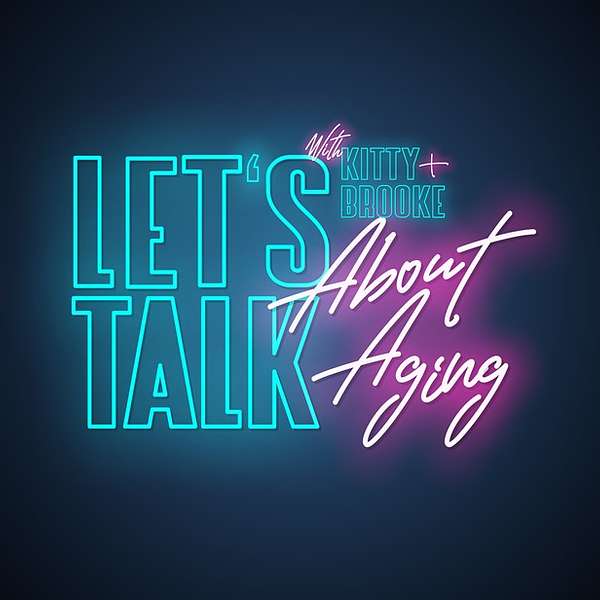
Let's Talk About Aging
Let's Talk About Aging
Preventing Healthcare Fraud with host Kitty Glomski
Podcast Host Kitty Glomski discusses Medicare fraud and how you can Detect - Prevent - Report it to the MMAP network.
Good morning. This is Kitty Glomski along with
Brooke:my cohost Brooke Mainville
Kitty Glomski:from Region 9 Area Agency and Aging and another episode of Let's Talk About Aging. This is Kitty Glomski in what we call Scam Alert. In today's segment, I'm going to talk about what you can do to prevent healthcare fraud. This is an important topic and it's defined as incidents or practices of providers that are inconsistent with accepted, sound medical business and fiscal practices. Every year, there's 65 billion, that's billion with a B, a year in Medicare fraud. That's money that should stay in Medicare for all of you. Examples of fraud and abuse would include things like billing for services, supplies and equipment that are not provided. Billing for excessive medical supplies. Obtaining a Medicare number for free services. Improper coding to get a higher level of payment.; unneeded or excessive x- rays and lab tests; claims for services that are not medically necessary, and using another person's Medicare card to obtain medical care, supplies, or equipment. The list just goes on and on. Medicare fraud is intentionally billing Medicare for services that were not received, or billing for a service at a higher rate than what is actually justified. Who does this? It can be any person or business in a position to bill Medicare or to benefit from what Medicare is being billed for. This could include doctors, healthcare practitioners, suppliers of durable medical equipment, of physicians or suppliers, employees of companies that manage Medicare billing, and other beneficiaries. So, it can be perpetrated by just about anyone. There are billions of dollars lost every year and your healthcare services may be affected. Those are taxpayer dollars that are being wasted and it all puts the Medicare trust fund at risk. So there's three steps that we can use to prevent Medicare fraud. Step one is protect yourself from Medicare fraud and abuse. Do treat your Medicare card like credit cards, protect them and watch out for identity theft. Be aware that Medicare does not call or visit you to sell you anything. Don't give out your Medicare number except to a doctor or a Medicare provider for services rendered and don't carry your Medicare card with you unless you need it. Number two, detect Medicare fraud and abuse. Use your personal health care journal to document your doctor visits and check it against your billings. Review your Medicare summary notice that you get along with your statements. Look for services that you didn't receive. Anything that may be double billed, or services not ordered by your doctor. Access to your Medicare information can be found when you set up an account at www. mymedicare. gov. Step three, report suspected Medicare fraud and abuse. Call the provider. If you get a bill and it doesn't look right, then call your doctor and ask about the billing. Gather information and documentation and then contact us. We're MMAP, Michigan Medicare Assistance Program. We have a toll free number in the State of Michigan. That toll free number is 1 800 803 7174. This is a free and confidential service. So what is MMAP? offers free confidential health care insurance counseling and assistance for people with Medicare. We are part of what is called the Senior Medicare Patrol and we're all members that work to stop Medicare fraud. So if you suspect that you've been involved or you've seen or you know of a case of suspected fraud or abuse, or anything else about Medicare, please give us a call at 1 800 803 7174. This is Kitty Glomski. Check back with us for our next scam alert.
Carla:Let's Talk About Aging is a production of the Region 9 Area Agency on Aging, 2569 US 23 South, Alpena, Michigan 4 9 7 0 7. This Podcast was supported, in part, by grant number 90MPPG0039 from the US Administration for Community Living, Department of Health and Human Services, Washington, DC. Podcast music provided by Groove Music, selection titled"Modern Logo," created by Vadym Kuznietsov and can be found at https://elements.envato.com/modern-logo-ZVHFBJ6